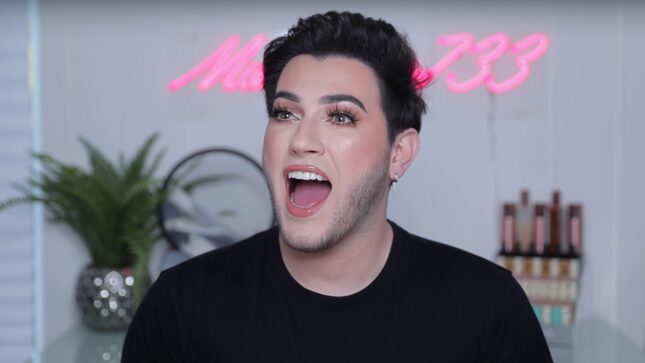Manny MUA and Other YouTubers Are Calling to Cancel 'Cancel Culture'
Latest

On Sunday, beauty YouTuber Manny MUA (real name Manny Gutierrez) posted a 35-minute long vlog about being “Cancelled.” The video referenced the Beauty YouTuber drama of August 2018, when he posed for a photograph with fellow influencers Nikita Dragun, Laura Lee, and Gabriel Zamora. The image and its caption, “Bitch is bitter because without him we’re doing better,” posted by Zamora, was taken as a diss against fellow YouTuber Jeffree Star, conspicuously absent from the photo. (A few days prior, Zamora had tweeted and deleted a long thread accusing Star of making racist comments.)
It spiraled from there: Star’s ravenous fans attacked everyone who posed for photo by digging up their most problematic social media posts. They successfully resurfaced a handful of hateful tweets by Laura Lee; Star stans circulated a Snapchat of Manny MUA allegedly side-eyeing an Uber driver for not speaking English. Like Lee before him, he felt the wrath of the community, and has had a hard time recouping his losses since. In his latest video, Manny discusses the trauma of the ordeal: he describes being unable to get out of bed for three weeks post-drama, he mentions that he lost thousands of followers and continues to lose them and, most importantly, that even though he was “canceled,” he’s totally fine now.
-

-

-

-

-

-

-

-

-

-

-

-

-

-

-

-

-

-

-

-

-

-

-

-

-

-

-

-

-

-

-

-

-

-

-

-

-

-

-

-








































